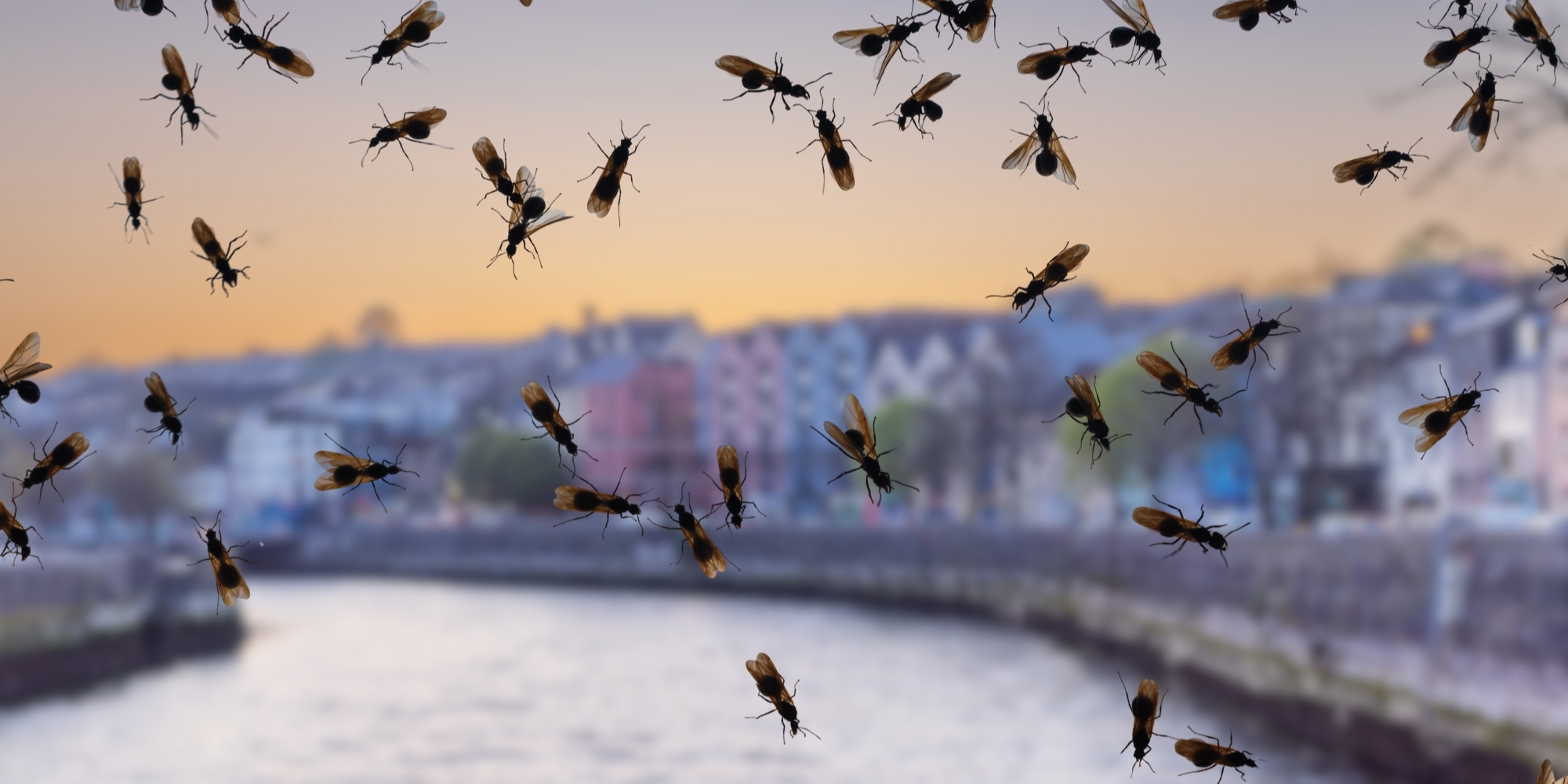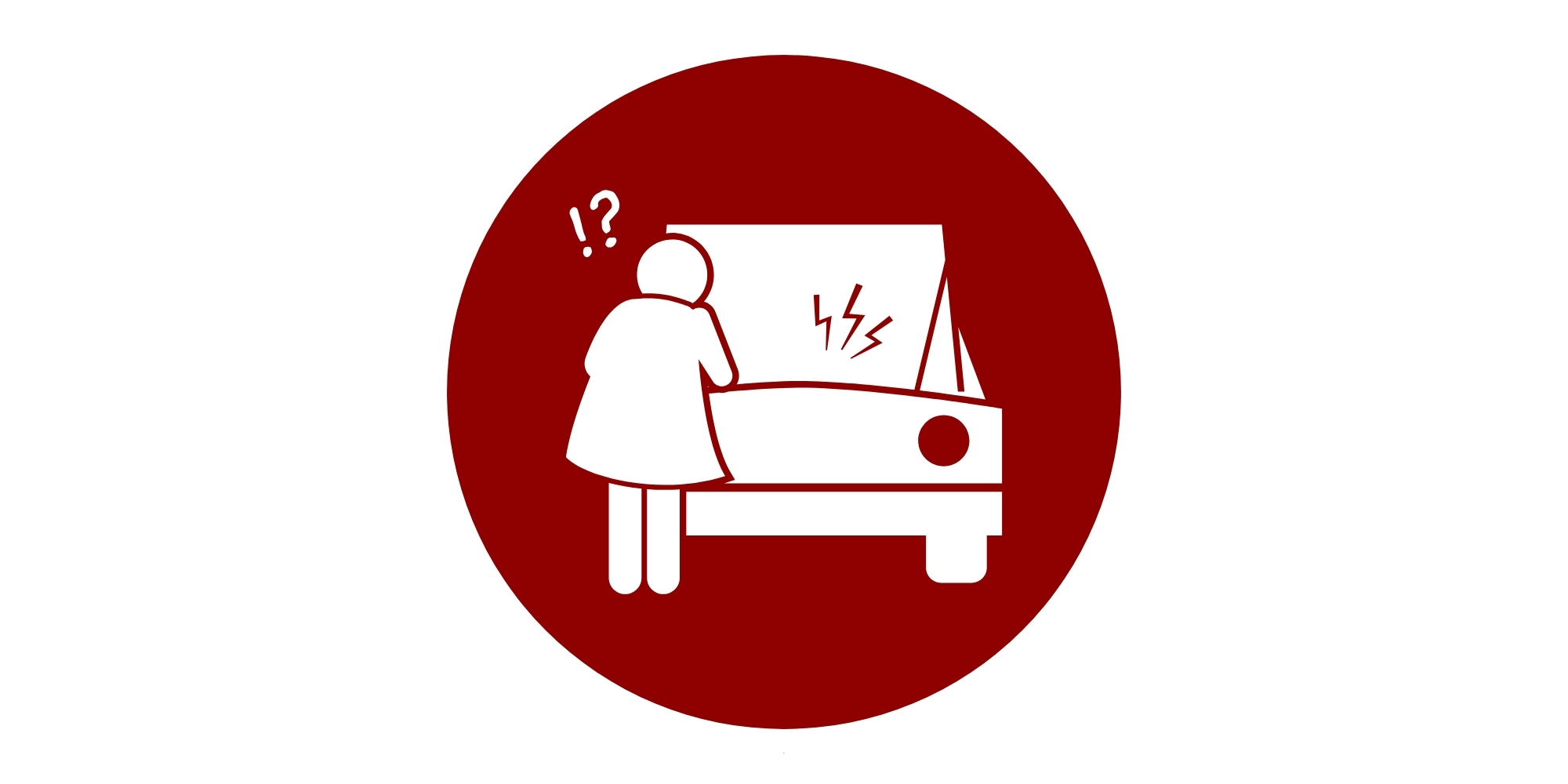Flying Ant Season Peaks Across Ireland as Warm Weather Triggers Annual Swarms
We've had reports of winged ants taking to Cork skies. Normal for late July - they're mating and don't bite or sting, just a brief nuisance.

Flying Ant Season Peaks Across Ireland as Warm Weather Triggers Annual Swarms
As temperatures rise across Cork and Ireland this week, residents are reporting clouds of winged insects taking to the skies in what scientists call the annual "nuptial flight" of black garden ants. With 28 July falling squarely within peak flying ant season, these swarms are a perfectly normal, if sometimes unsettling, part of summer.
The appearance of flying ants at this time of year is simply nature's way of ensuring the survival of ant colonies. Virgin queens and male drones briefly grow wings and take to the air to mate before establishing new colonies. Despite popular belief, there isn't a single "flying ant day"; instead, the phenomenon occurs throughout summer when conditions are just right.
According to research by the Royal Society of Biology, ants only take flight when temperatures exceed 13°C and wind speeds remain below 6.3 metres per second. Any UK or Irish summer day with temperatures above 25°C typically sees ant activity somewhere in the region. The society's studies revealed that colonies don't coordinate nationally; one Cork garden might swarm on a completely different day from a neighbour's patch just down the road.
In Ireland and Britain, flying ant swarms can occur anytime between June and early September, though July and August see the highest activity. Collie Ennis of Trinity College Dublin explained to RTÉ:
"It's a whole period of time from July into August rather than a single day, and localised conditions can trigger entire colonies to take off."
Weather plays a crucial role in triggering these flights. The ideal conditions typically follow a specific pattern: rain softens the ground, followed by a couple of warm, calm days. This year, environmental experts suggested the peak period might fall between 22 and 25 July, particularly in warm urban areas. However, because flying ants emerge over several weeks, swarms often persist well beyond the initial peak.
For those in Cork experiencing these swarms today, there's no cause for alarm. Flying ants neither bite nor sting humans, and they serve as valuable food for birds and other wildlife. While they might be a temporary nuisance, particularly when they appear in large numbers around barbecues or outdoor gatherings, they're simply following their natural cycle.
The variability in emergence times means reports of swarms can continue for several weeks across different areas. With warm, humid, and relatively windless conditions expected to continue, Cork residents can expect to see sporadic swarms through early August. So if you spot clouds of winged ants in your garden or while out for a walk along the Marina, you're witnessing one of nature's most remarkable annual events: the brief, frantic flight that ensures the continuation of ant colonies for another generation.


